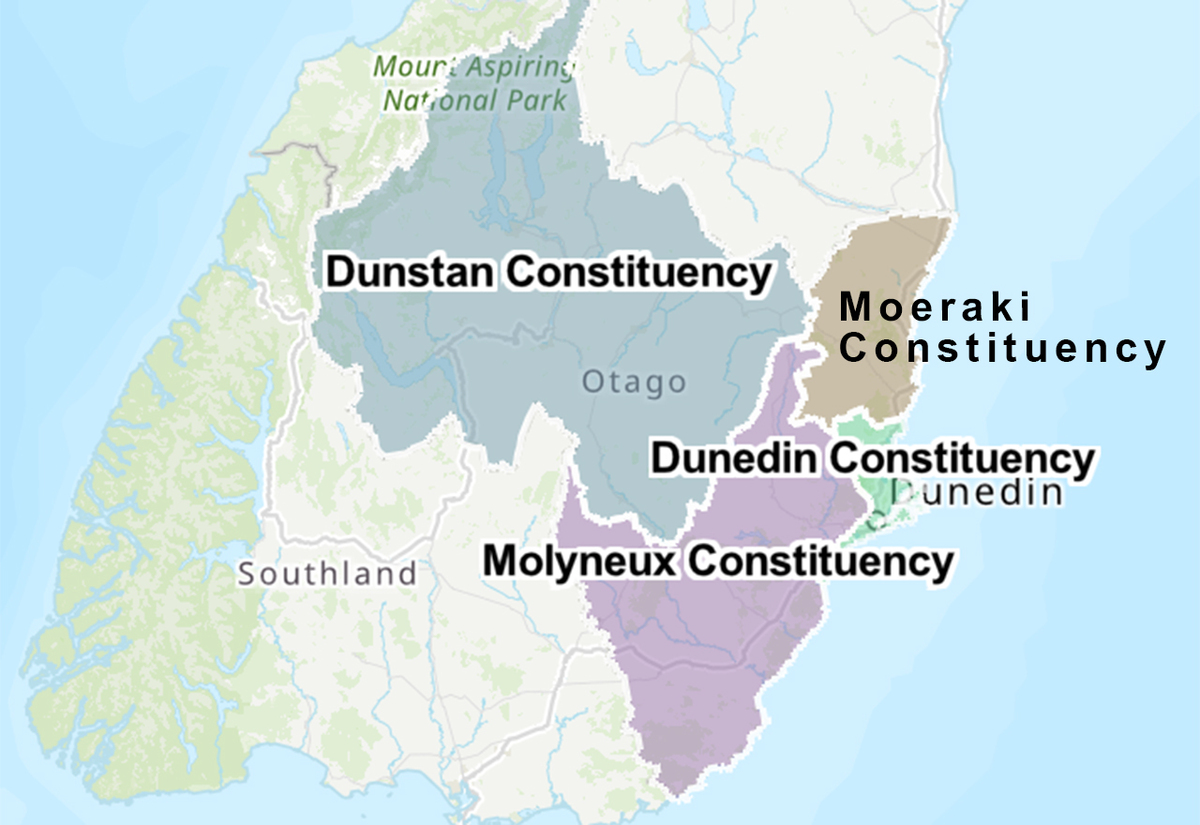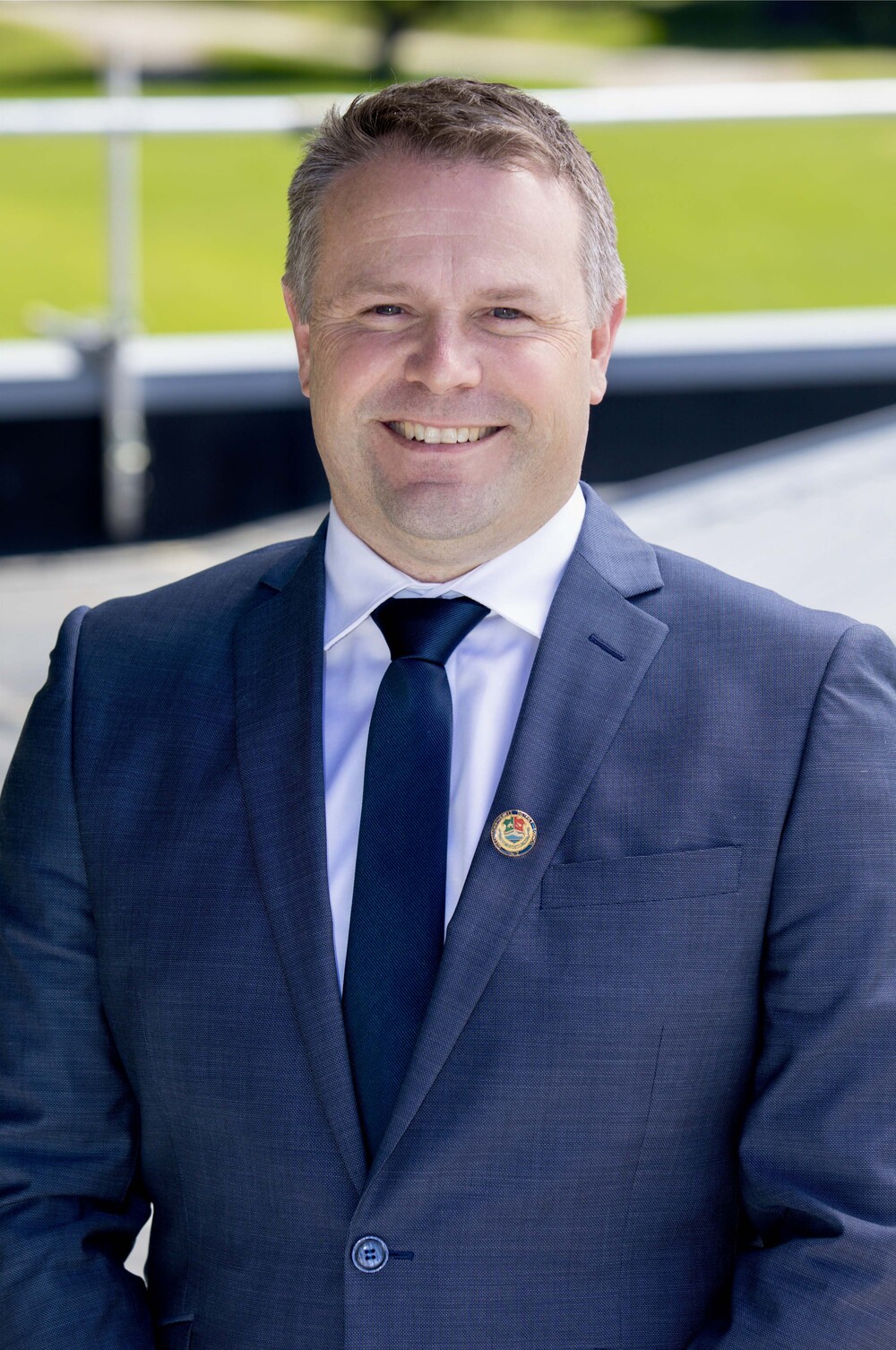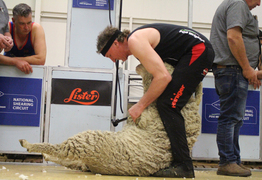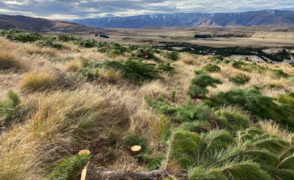Otago mayors parochial about regional council representation
Aimee Wilson
09 October 2024, 4:30 PM
 The current Otago Regional Council constituencies. Under representation review an extra councillor could be added to the Dunstan ward. GRAPHIC: Supplied/ORC
The current Otago Regional Council constituencies. Under representation review an extra councillor could be added to the Dunstan ward. GRAPHIC: Supplied/ORCThe Dunstan ward of the Otago Regional Council is still favoured to receive an extra councillor within the next year - while Dunedin would drop one under representation review.
But the Queenstown Lakes District Mayor Glyn Lewers wants to see a new extra constituency added to his area that also extends to Cromwell.
Hearings and deliberations were held in Dunedin last week, with quite different submissions from all of the Mayors across Otago.
Dunedin Mayor Jules Radich acknowledged the significant population growth in Central Otago and Queenstown Lakes areas that made up the Dunstan constituency.
But he said it was the Dunedin City Council’s strong view that its constituency should remain at six members, and the addition of a member in the Dunstan constituency should not come at the expense of those residents.
Every six years, all councils are required to review their representation arrangements, including how many councillors there are and the areas they represent.
Population data supplied from Stats NZ indicated that following population growth during the past six years, the Dunstan ward now fell outside the +/- 10 per cent margin of the average across the region.
That meant it no longer met the legislative requirements for fair representation.
Since the last review in 2018, the Dunstan ward population has increased by 57,400 to 78,800.
Queenstown Lakes District mayor Glyn Lewers spoke about the Dunstan constituency having significantly different challenges, environment, diverse needs and populations from each other - specifically Queenstown versus Ranfurly or Omakau.
He said the population size of the Queenstown Lakes “would easily demand” three dedicated elected members, and supported the creation of an Upper Clutha constituency, which included Cromwell.
“The geographic scale of the existing Dunstan constituency creates too many divergent needs to consider the whole population as one community of interest.”

Queenstown Lakes District mayor Glyn Lewers. PHOTO: Queenstown Lakes District Council
Dunstan ward councillor Gary Kelliher said after the hearing it was starting to become “a very parochial direction” from both the Dunedin and Queenstown Lakes councils.
“If both mayors had got their way, the potential outcome was up to three large rural constituencies left with only single councillor positions, and urban areas with multiple positions, and I think that would be a further decline in rural representation.”
The ORC will make a final decision at its October 23 meeting, after which there will be a one-month appeals/objections period.
The Local Government Commission will determine the arrangements by April next year, and they will take effect for the local government elections in October 2025.




